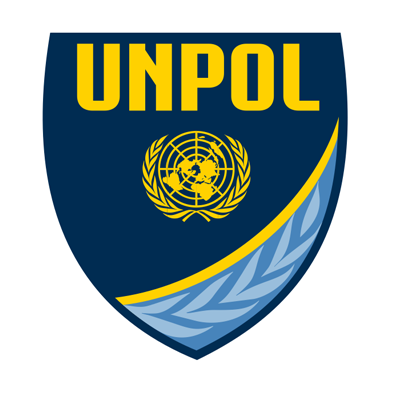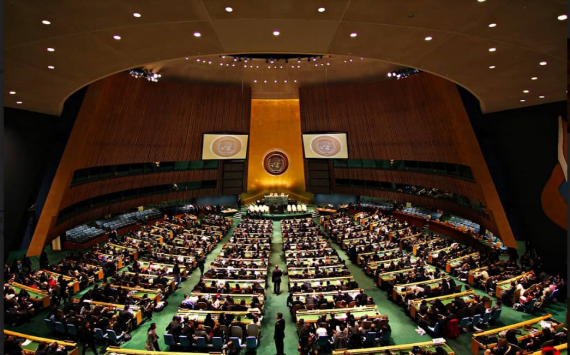Description
United Nations Police The United Nations Police (UNPOL) is an integral part of the United Nations peace operations. Currently, about 11 530 UN Police officers from over 90 countries are deployed in 11 UN peacekeeping operations and 6 Special Political Missions. The "mission of the UN Police is to enhance international peace and security by supporting Member States in conflict, post-conflict and other crisis situations to realise effective, efficient, representative, responsive and accountable police services that serve and protect the population".
Summary
Since the 1960s, the United Nations Member States have contributed police officers to United Nations Peacekeeping operations. The policing tasks of these operations were originally limited to monitoring, observing and reporting, but by the early 1990s, advising, mentoring and training of these personnel were adopted into the activities of the peace operations. The UN Police, authorised by the United Nations Security Council according to the rule of law and international human rights, are to maintain public order, protect life and property as a full or partial substitute for the host nation's police force.
The UN police consist of Formed Police Units (FPU), individual police officers (IPO), specialised teams and civilian experts, pursue community-oriented and intelligence-led policing approaches to contribute to the protection of civilians and human rights; address, among others, sexual and gender-based violence, conflict-related sexual violence and serious and organised crime; and conduct investigations, special operations and electoral security (S/2016/952).
United Nations police provide comprehensive and cohesive protective and mentoring services in 18 peace keeping missions globally from Haiti in Central America (MINUSTAH), to African nations of, Western Sahara (MINURSO), Mali (MINUSMA), Darfur (UNAMID), Liberia (UNMIL), Cote d'Ivoire (UNOCI), Central African Republic (MINUSCA), Democratic Republic of Congo (MONUSCO), Abyei (UNISFA), South Sudan (UNMISS), Libyia (UNSMIL),Guinea -Bissau (UNIOGBIS), in Asia Afghanistan (UNAMA) Iraq (UNAMI), Lebanon (UNIFIL) and in Europe Kosovo (UNMIK) and Cyprus (UNFICYP).
In Kosovo and East Timor, UN Police were given an executive mandate to safeguard law and order while facilitating the launch of a new domestic police service. The UN Police mission in Kosovo helped to successfully establish the Kosovo Police Service. In Timor-Leste, the UN Police returned to their more traditional role of advising and supervising operations leaving districts of the country to the authority of the National Police. Since the 1990s, the number of United Nations Police officers in action has significantly increased from 5,233 in March 1993 to 14,703 deployed in March 2011 and has reduced in 2017 to 11,963 (March 2017).
The UN Police can be deployed alongside military personnel or independently. Through the Global Focal Point for Police, Justice and Corrections, United Nations Police officers from the United Nations Police Division Standing Police Capacity also assist UN country teams, guided by the UN Resident Coordinator.
























